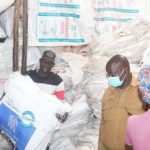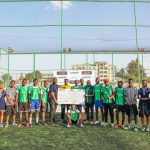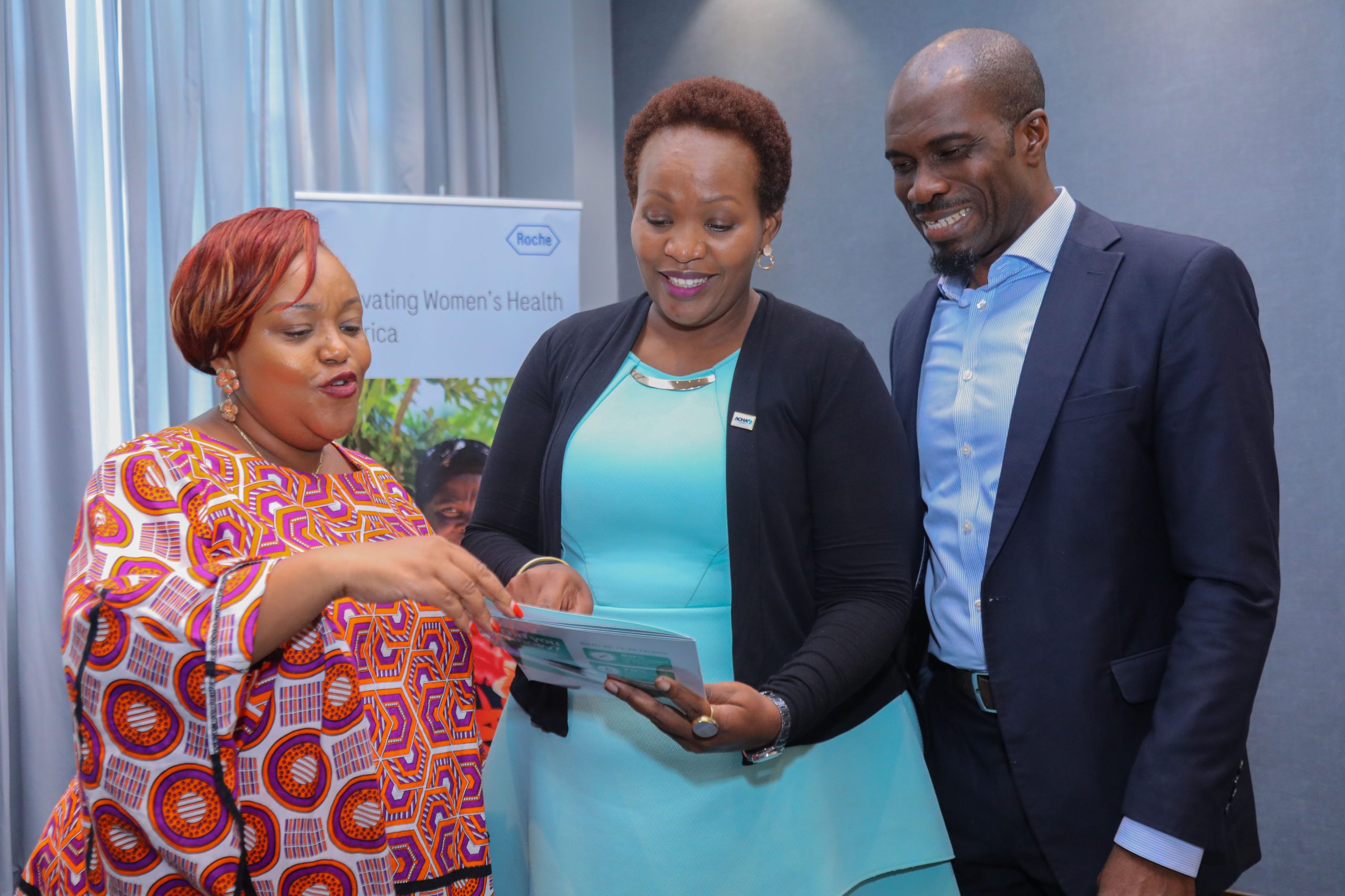By Eddah Waithaka
The International Center of Insect Physiology and Ecology (icipe) is hosting a two-day training workshop on February 27-28, 2025, at its Duduville Campus in Nairobi, uniting participants from Ethiopia, Rwanda, Uganda, and Kenya. The workshop aims to enhance awareness and drive action on gender integration, One Health principles, safeguarding, and human rights within research and agrifood systems, fostering collaborative efforts to address critical challenges in the region.
Additionally, the training will enhance participants’ knowledge of gender concepts, safeguarding, and human rights principles in research and workplace settings, fostering inclusive and ethical practices.
Speaking during a press briefing, Dr. Beatrice Muriithi, a Gender and Impact Assessment Scientist at the International Centre for Insect Physiology and Ecology (ICIPE), said the workshop aims to deepen understanding of the intersection between gender, the One Health approach, and sustainable agri-food systems. “We are excited to have everyone here today,” said Dr. Muriithi in a press briefing.
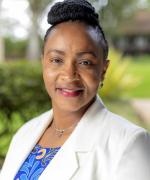
“Our goal is to enhance participants’ understanding of how integrating gender and One Health can transform agri-food systems for sustainable development.” The One Health approach recognizes the interconnectedness of human, animal, plant, and environmental health.
Dr. Muriithi emphasized that neglecting any one of these areas undermines the effectiveness of interventions. “If we do not embrace a One Health approach, we risk focusing on one area while leaving another equally important area behind,” she explained.
Gender disparities, however, remain a critical barrier to achieving One Health goals. Dr. Muriithi highlighted how women, particularly in agriculture, often lack access to resources, financial inputs, and other productive assets.
“If we do not address these disparities, we cannot achieve the objectives of One Health,” she said.
The workshop also tackles gender equality in the workplace, addressing issues such as pay gaps, work-life balance, and gender-based violence. “We must make our colleagues aware of these disparities so we can tackle them as a team,” Dr. Muriithi added.
Dr. Rahma Adam, Senior Scientist and Social and Economic Inclusion Impact Lead at WorldFish, echoed these sentiments. She emphasized the need to integrate gender into agri-food systems, particularly in aquatic food systems where women play a significant role.
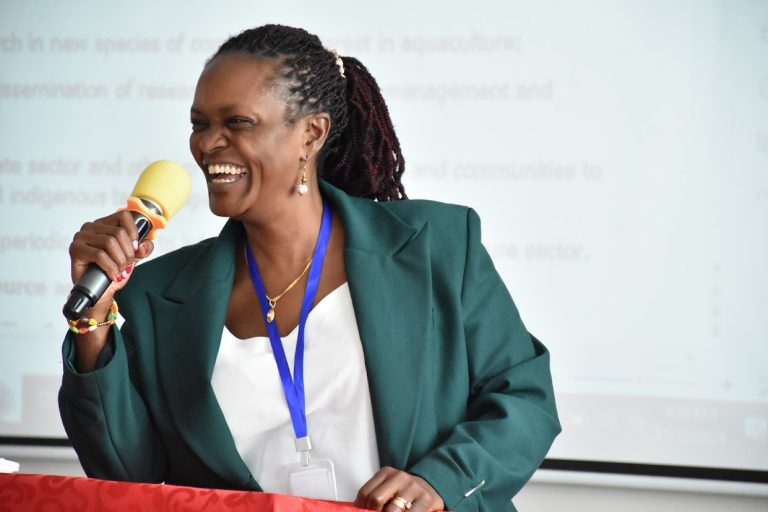
“Women bear the responsibility of ensuring food security and household well-being, yet their potential remains untapped,” Dr. Adam said.
The workshop also explores the nexus between gender, One Health, and bio economy, with a focus on empowering women in research and development.
Read More On: https://africawatchnews.co.ke/anti-counterfeit-authorities-and-partners-seize-190000-counterfeit-bags-in-nairobi-raid/
Dr. Adam stressed the importance of involving national research institutions and private sector actors in designing projects that address real community needs. “This is not an armchair exercise. We need to ensure our interventions are demand-driven and inclusive,” she said.
Dr. Mohamed Dhamir Kombo, Director General of the Zanzibar Agricultural Institute, shared success stories from Zanzibar, where women are actively supported in agriculture, fisheries, and the blue economy. “More than 70% of women in Zanzibar are engaged in production activities, and we are committed to providing them with the tools and knowledge they need to succeed,” he said.
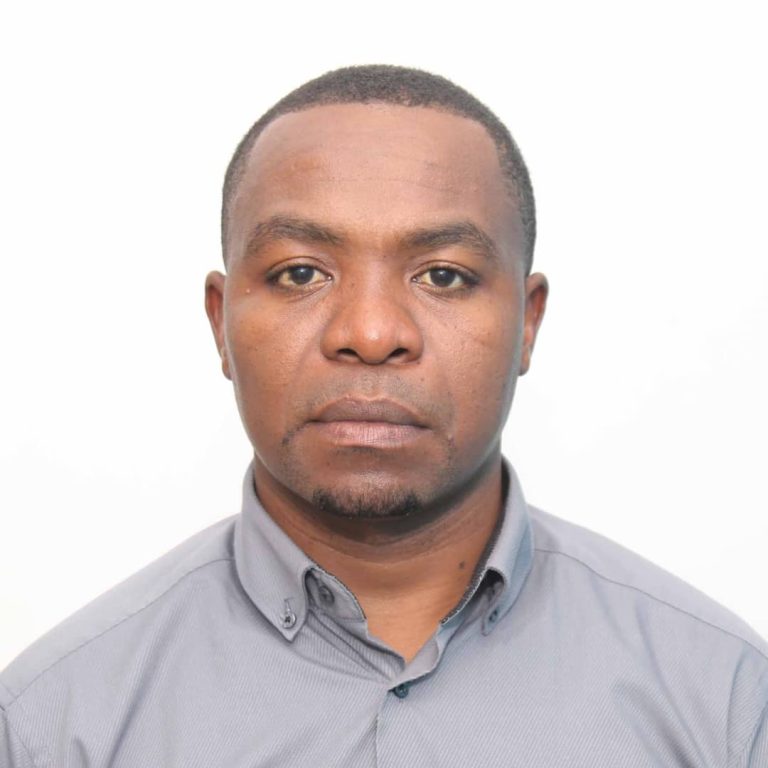
Despite progress, challenges remain. Dr. Kombo acknowledged that men still dominate leadership roles, but he expressed optimism about the growing awareness of gender inclusion. “In Zanzibar, we now have a gender-based budget, which will further empower women and ensure their active participation in development,” he said.
The workshop underscores the importance of local solutions to reduce reliance on external funding. Dr. Kombo called for innovative approaches to sustain One Health initiatives beyond donor support. “This is the time to look for local solutions and ensure the sustainability of our projects,” he said.
As the workshop continues, participants are expected to gain practical insights into integrating gender and One Health into their projects. “We hope this training will inspire participants to design inclusive programs that leave no one behind,” Dr. Adam concluded.
The event marks a significant step toward achieving the Sustainable Development Goals and ensuring that gender equality remains at the heart of global development efforts.
Read More Stories At: https://africawatchnews.co.ke/




